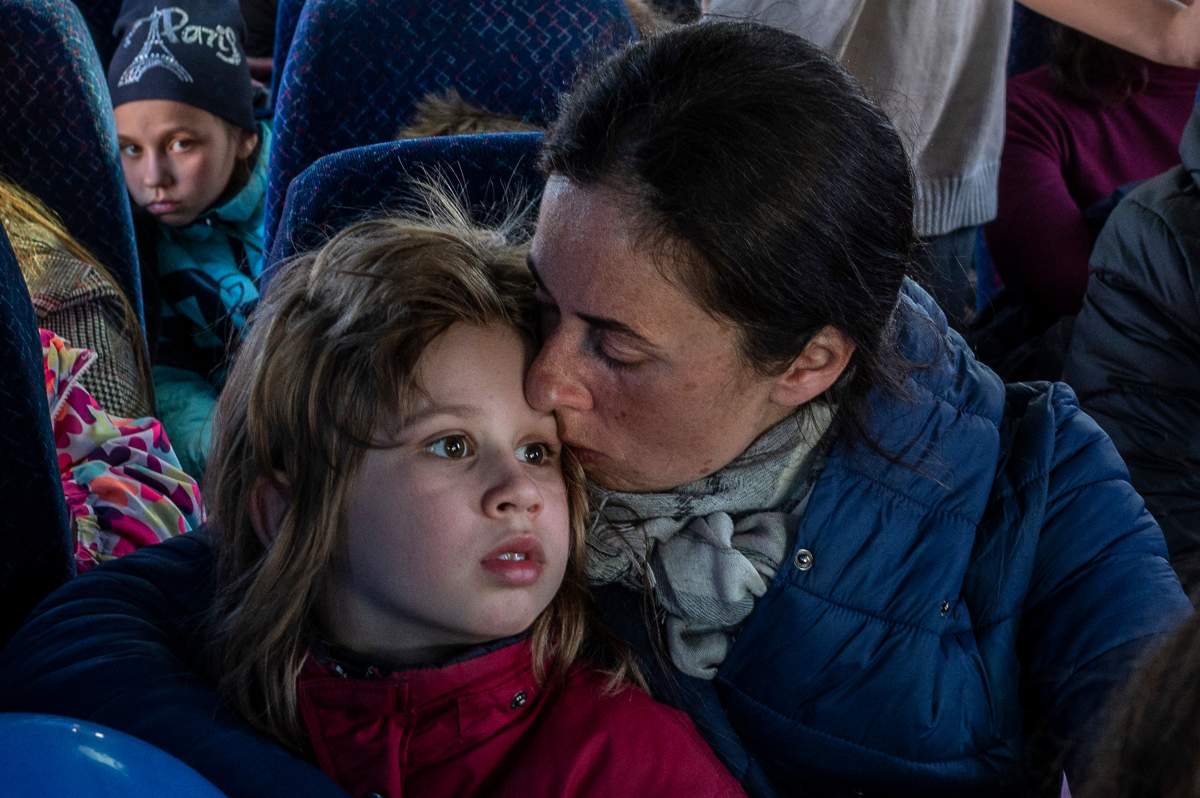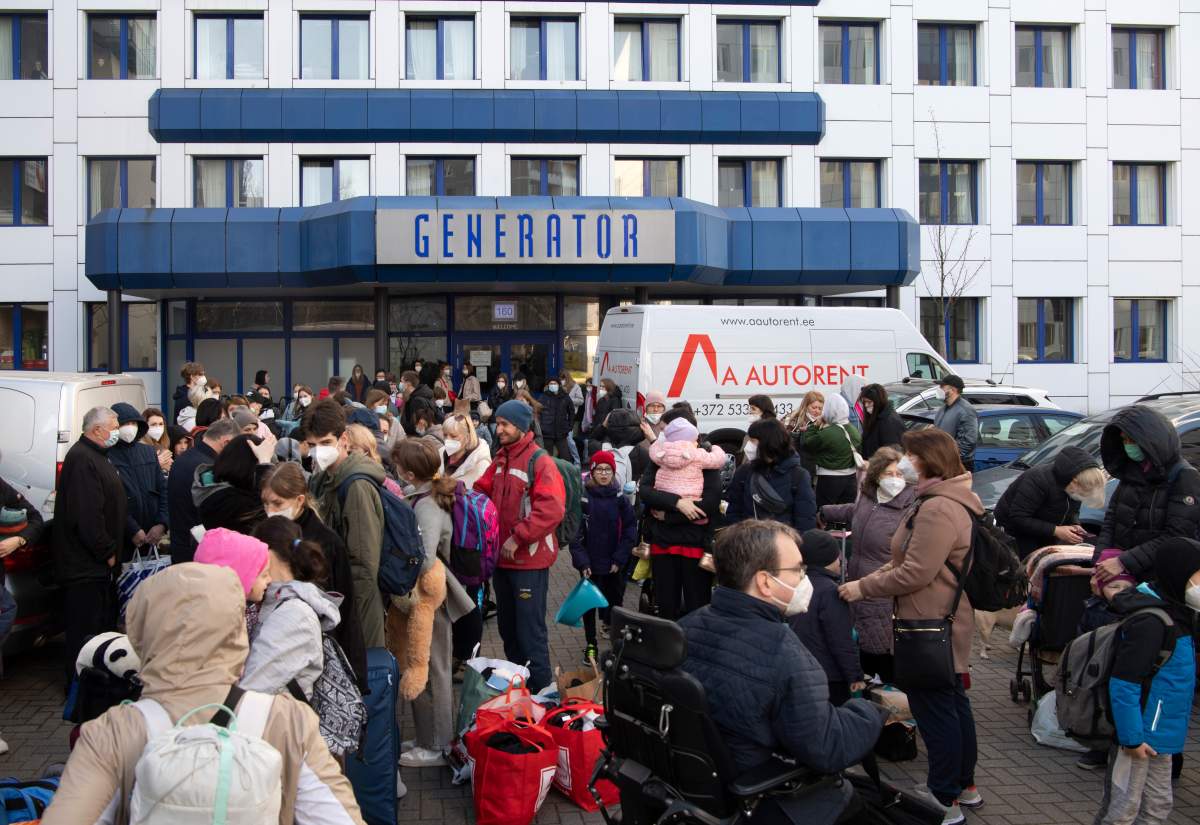Central European nations are bracing for a renewed influx of refugees from Ukraine that could test their capacity to house, school and find work for the rising numbers of mainly women and children escaping the war.

While the flow of people across the EU’s eastern borders has ebbed, aid workers say recent Russian missile strikes on military targets in Lviv may spur more people to leave the city just 60 kilometres from the border with NATO-member Poland.
“We are getting news from Lviv … that there is likely a very large number of buses that has gathered that could come our way either tomorrow or the day after,” said Regina Slonicka, a former journalist now volunteering at Warsaw train station. “So again we will have a great need for help.”
Since Russia invaded its neighbor on Feb. 24, the fighting has displaced more than 10 million people and forced nearly four million to flee Ukraine in Europe’s biggest refugee crisis since the end of the Second World War, according to the UN refugee agency.
More than half of the refugees arriving in the European Union have come via Poland, home to the region’s largest Ukrainian community of around 1.5 million people before the war. Others have come through Romania, Slovakia and Hungary.
At a refugee reception in Warsaw, the EU Commissioner for Employment and Social Affairs Nicolas Schmit praised Poland for absorbing so many refugees and pledged more support to aid the country’s efforts.

Get breaking National news
“Solidarity should have a concrete dimension,” Schmit said. “It should be based on the commitment of the whole of Europe to support, including financial support. Europe will not leave Poland alone in the face of this challenge.”
EU interior ministers were meeting in Brussels on Monday to discuss coordination for settlement of refugees, including financial and other support for member states taking them in.
'COULD GET WORSE AGAIN'
Though Ukraine and Russia were preparing for their first face-to-face peace talks in more than two weeks on Monday, on the ground there was no sign of respite for civilians in besieged cities, especially the devastated port of Mariupol.
Russia calls its actions in Ukraine a “special military operation” to disarm and “denazify” its neighbor. Kyiv and the West consider this a pretext for an unprovoked invasion.
Poland, which shares a 500-kilometre border with Ukraine, has integrated children into schools and set up a grassroots network to provide housing.
It has also allowed Ukrainians to register for government IDs and benefits.
“We are still at the ready with the knowledge that the situation could get a lot worse again,” said Krzysztof Strzalkowski, mayor of the Wola neighborhood in Warsaw. “We aren’t getting rid of the empty spots at the hostels we set up to be at the ready in case the situation in Ukraine worsens.”
Many refugees have also settled in the Czech Republic, often joining friends and family living there before the war. Czechs have issued more than 236,000 visas since the start of the war, but officials say the actual number of refugees is higher.

The government is extending a state of emergency due to the influx of Ukrainian refugees, and has adopted a law giving the new arrivals access to health insurance, the labor market and additional assistance.
“We honestly say that we will need a state of emergency until the end of May, then we will see what to do next,” Prime Minister Petr Fiala told a television show over the weekend.
About half of those arriving are children, and nearly all the adults are women.
Romania’s education minister said there were about 24,000 school-aged Ukrainian children in Romania and special classrooms were being set up so they could follow the Ukrainian curriculum.
(Additional reporting by Pawel Florkiewicz in Warsaw, Robert Mueller in Prague and Luiza Ilie in Bucharest, Writing by Michael Kahn; Editing by Alex Richardson)









Comments
Want to discuss? Please read our Commenting Policy first.